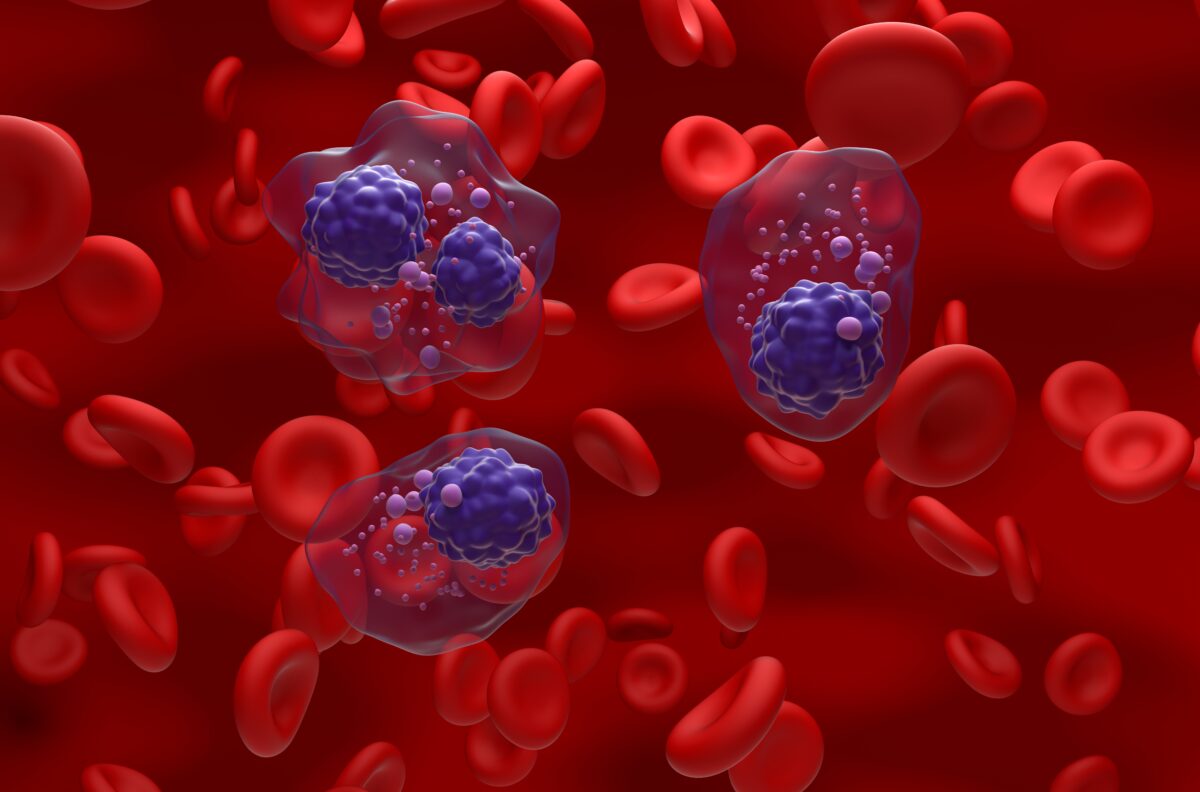Researchers at the University of Exeter have developed a potentially life-saving vaccine for melioidosis – a bacterial infection also known as Whitmore’s disease. The disease infects thousands of individuals every year, and is often fatal.
Melioidosis is caused by an infection with the bacterial species, Burkholderia pseudomallei. Disease specialists believe the bacteria is spread by exposure to soil and dust, however it’s currently still unclear as to why the disease only affects those living in tropical countries such as Thailand and Northern Australia.
The vaccine developed by the University of Exeter scientists is the result of 20 years of research, and appears to be the most effective vaccine against B. pseudomallei yet. As there is currently no approved vaccine for melioidosis, the disease is the third most common cause of infectious disease-related death in North-East Thailand.
Pneumonia and sepsis are both common effects of melioidosis infection. As these symptoms are common to a number of other diseases, the infection is often initially misdiagnosed, leading researchers to believe rates of infection are much higher than the numbers reported.
Another complicating factor in treatment of melioidosis is that B. pseudomallei is resistant to many antibiotics. Patients often must be treated with antibiotics for many months, and a relapse of infection is a common occurrence.
While other vaccines have shown promise in protecting against the acute form of melioidosis, none have been successful in protecting against persistent, chronic infections. The current vaccine showed high level protection when tested in mice, and the researchers hope that clinical trials involving human patients will be conducted in the future.
“Because of new technology, we have been able to look at the genetic makeup of the bacterium and start to understand how the bacteria adapt to conditions during chronic infection,” said Professor Richard Titball, Professor of Molecular Microbiology. “We now want to carry out further work to determine whether one or more of the proteins are responsible for this enhanced protection, and to test additional proteins to see if they can be protective antigens.”
The vaccine combines a number of different antigens designed to stimulate an immune response and promote long-term immunity. The results of the study were published in the journal, Vaccine.











Join or login to leave a comment
JOIN LOGIN